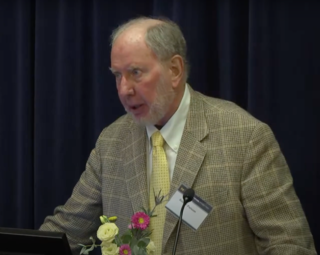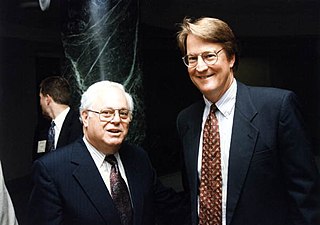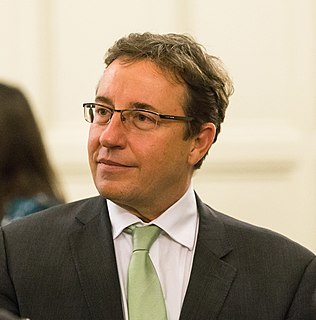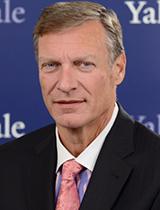Top 1200 Social Capital Quotes & Sayings
Explore popular Social Capital quotes.
Last updated on November 25, 2024.
I think the other side of this is in this balance between the social state and the punishing state, remember, the social state has been decimated. And the question becomes, how is finance capital, how does the 1 percent now resort to governing? And they govern basically through a form of lawlessness and what I call the punishing state, in which we've had a punishment creep, and now it moves from the prison to almost every institution in society, from airports to schools to social services.
If, for example, each of us had the same share of capital in the national total capital, then if the share of capital goes up it's not a problem, because you get as much as I do. The problem is that capital in capitalist countries is very heavily concentrated, especially financial capital. So then if the share of income from that source goes up, that actually exacerbates inequality.
Thus, the capital owner is not a parasite or a rentier but a worker - a capital worker. A distinction between labor work and capital work suggests the lines along which we could develop economic institutions capable of dealing with increasingly capital-intensive production, as our present institutions cannot.
What distinguishes the historical social system we are calling historical capitalism is that in this historical system capital came to be used (invested) in a very special way. It came to be used with the primary objective or intent of self-expansion. In this system, past accumulations were 'capital' only to the extend they were used to accumulate more of the same.
Obviously, consideration of costs is key, including opportunity costs. Of course capital isn't free. It's easy to figure out your cost of borrowing, but theorists went bonkers on the cost of equity capital. They say that if you're generating a 100% return on capital, then you shouldn't invest in something that generates an 80% return on capital. It's crazy.
It violates right order whenever capital so employs the working or wage-earning classes as to divert business and economic activity entirely to its own arbitrary will and advantage, without any regard to the human dignity of the workers, the social character of economic life, social justice, and the common good.
I want to open up investment even further so over the summer we'll launch a consultation on indirect investments in social enterprises - including exploring the possibility of a new scheme based on the success of venture capital trusts which will enable investors to pool their funds to support a variety of social enterprises.
The idea that the profits of capital are really the rewards of a just society for the foresight and thrift of those who sacrificed the immediate pleasures of spending in order that society might have productive capital, had a certain validity in the early days of capitalism, when productive enterprise was frequently initiated through capital saved out of modest incomes.
The financial doctrines so zealously followed by American companies might help optimize capital when it is scarce. But capital is abundant. If we are to see our economy really grow, we need to encourage migratory capital to become productive capital - capital invested for the long-term in empowering innovations.
We would love to see Canadian federal and provincial governments establish a new business entity class like the CIC or L3C for social enterprises. Our governments should also offer tax incentives to entice more entrepreneurs into the social economy, and encourage foundations and impact investors to put their capital into social enterprises.
I began to study again, and now for the first time really achieved an understanding of the content of the Jew Karl Marx's life effort. Only now did his Capital become really intelligible to me, and also the struggle of the Social Democracy against the national economy, which aims only to prepare the ground for the domination of truly international finance and stock exchange capital.
Regarding social order, [Francis] Fukuyama writes, "The systematic study of how order, and thus social capital, can emerge in spontaneous and decentralized fashion is one of the most important intellectual developments of the late twentieth century." He correctly attributes the modern origins of this argument to F. A. Hayek, whose pioneering contributions to cognitive science, the study of cultural evolution, and the dynamics of social change put him in the forefront of the most creative scholars of the 20th century.
What type of new economical system can organize this system? There is another sector in our life, that we rely on every single day, that are absolutely essential: the social commons, the social economy. It is all the activity we engage in to create social capital. It doesn't create capital market. Social commons is growing faster than the market place. It is growing faster than the market place. The social commons include any activity that is deeply social and collaborative.
Throughout the industrial era, economists considered manufactured capital - money, factories, etc. - the principal factor in industrial production, and perceived natural capital as a marginal contributor. The exclusion of natural capital from balance sheets was an understandable omission. There was so much of it, it didn't seem worth counting.






















































